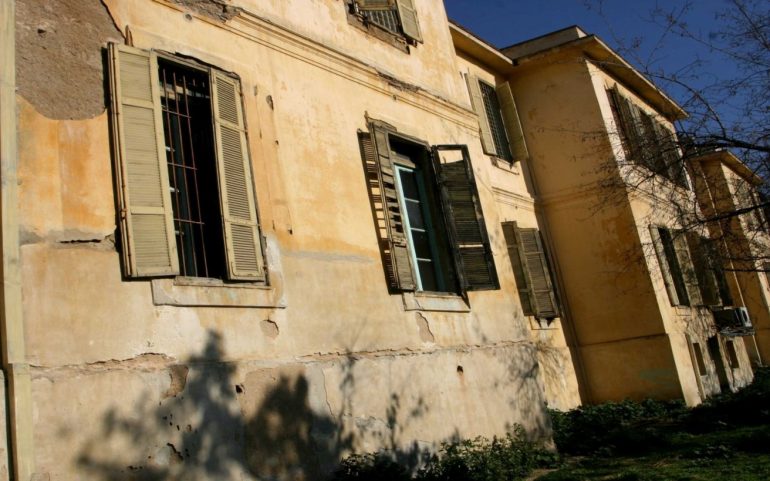There are times when we, the journalists, use "heavy" words, emotionally charged, in order to emphasize a tragic story. And when it comes time to tell a truly tragic story, those words have lost their value and you can no longer find one that clearly describes what you want to say.
One such case is the story of the great poet, writer and scholar George Vizyinos. For those who have been "introduced" to him through his texts, it is more than obvious that he lived a life that "stingy" joy and "generously" gave him bitterness, misery and pain.
George Vizyinos lived an extremely difficult childhood, a painful adolescence, a bitter adult life and had a tragic end. And yet… Through these conditions he succeeded and left his own mark on the Greek letters, giving as a legacy a great legacy to the next generations.
The years full of bitterness and death
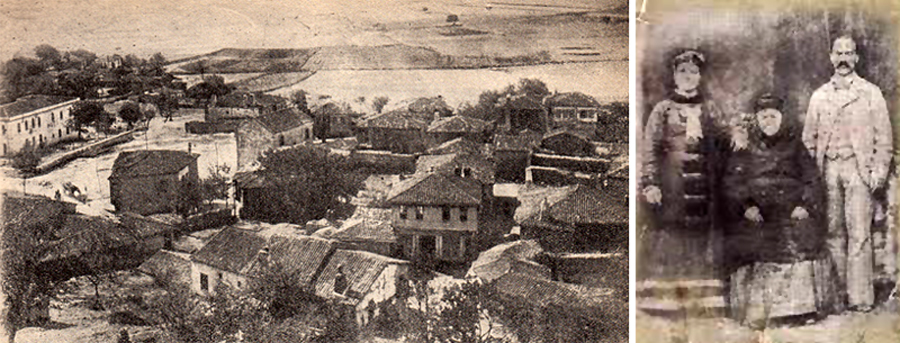
On March 8, 1849, the present-day Vize of Turkey was born in Vizy in Eastern Thrace, a little boy who was destined to mark the Greek letters. His name is George Michael Syrmas or Michaelides. Many years later he will be introduced to the Greeks as George Vizyinos.
His father, Michael Syrmas, worked in the lime kilns. He later became a shopkeeper and died of typhus in 1854 leaving his son orphaned at the age of five. His family was very poor and with great difficulty he found not only his livelihood but also food to have on his table every day.
Vizyinos had four other brothers. Michael, who died three years before George. The undefeated postman Christakis about whom he talks in his short story "Who was my brother's killer". Anna, who passed away under the tragic circumstances described by the author in "My Mother's Sin" and Annio, who took the name of her sister, but she also died young.
When Vizyinos was 10 years old, his grandparents, in an effort to secure him a future away from misery, poverty and death, sent him to Constantinople with an uncle to learn sewing. He remained there until the age of 18, protected by the Cypriot merchant, Giago Georgiadis.
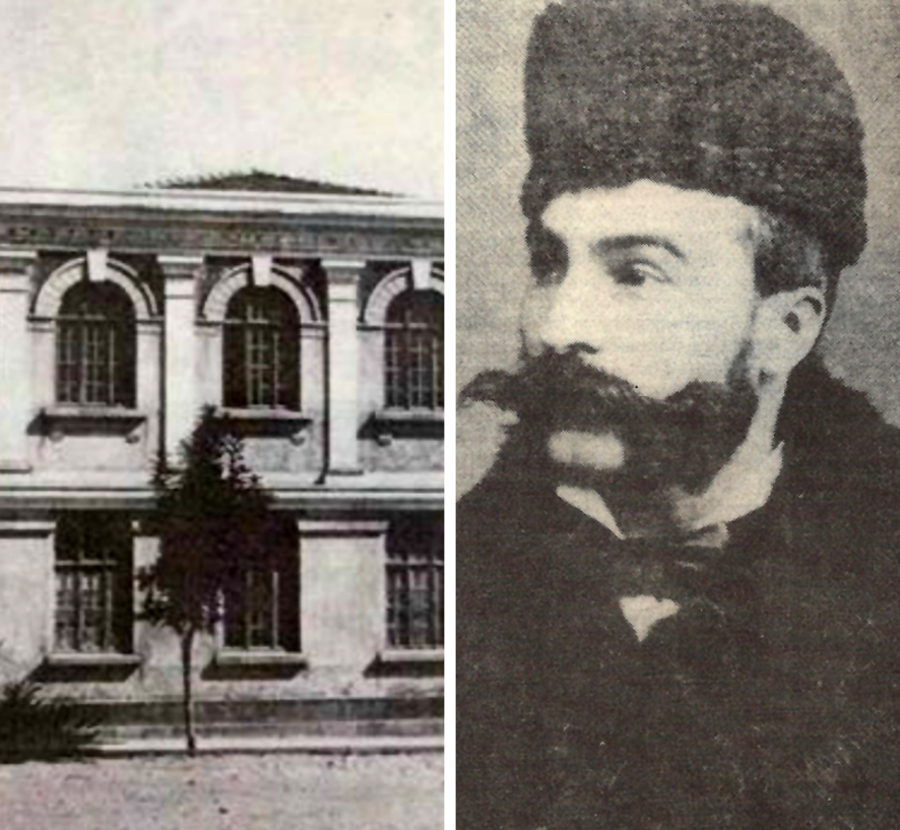
Then, as a protégé of the Archbishop of Cyprus, Sophronios II, he moved to Cyprus where he remained for a while. In 1872 he became a seminary student at the Theological School of Halki, without the obligation to become a priest, but a year later he published his first collection of poems (Poetic Protocols) and now seems to be finding his way.
The effort to establish and ridicule the… "great"
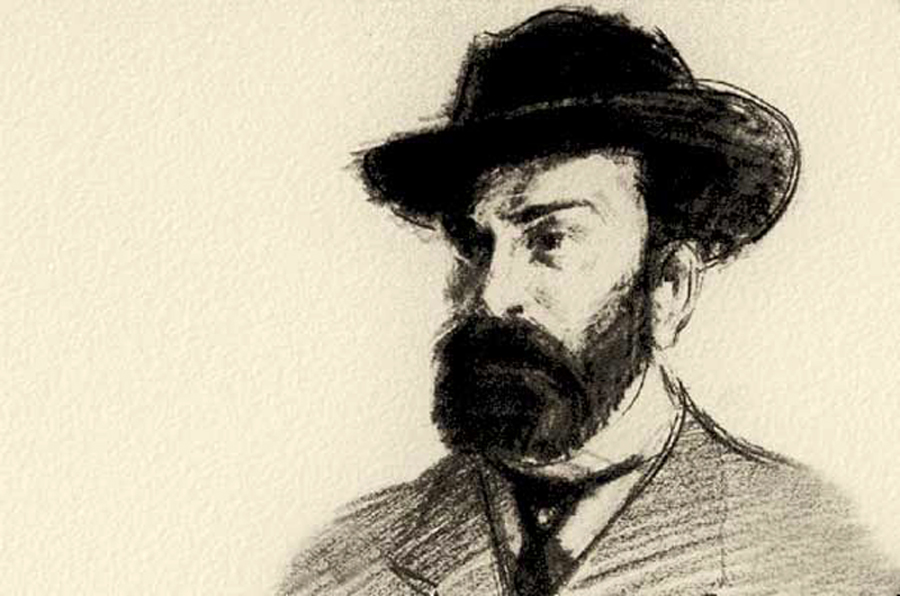
George Vizyinos through a series of random events manages to go abroad in order to study philosophy in Germany. There, in Leipzig, in 1881, he wrote his doctoral dissertation on the role of children's play from a psychological and pedagogical point of view!
He returns to Athens where due to his poor origin he is treated with disbelief and ridicule by the literary circles of the time. Such is the blow that his psyche receives when he writes to Elias Tantalidis: “Do not quarrel with me if I enter your clean door with dirty tsarouchia. I am a village child, as you know, and I have traveled a long, very long and muddy road!

In these conditions, Vizyinos tries to find his footing and his place in society. He goes abroad again, this time first to Paris and then to London. In 1884 he received another blow, this time financially, as the man who supported George Zarifis died and so Vizyinos in order to make a living was forced to do various jobs. In 1890 he found himself working as a professor of rhythm and drama at the Athens Conservatory. There he meets the 14-year-old student of Betina Fravasilis
The insane love that led him to Dromokaitio
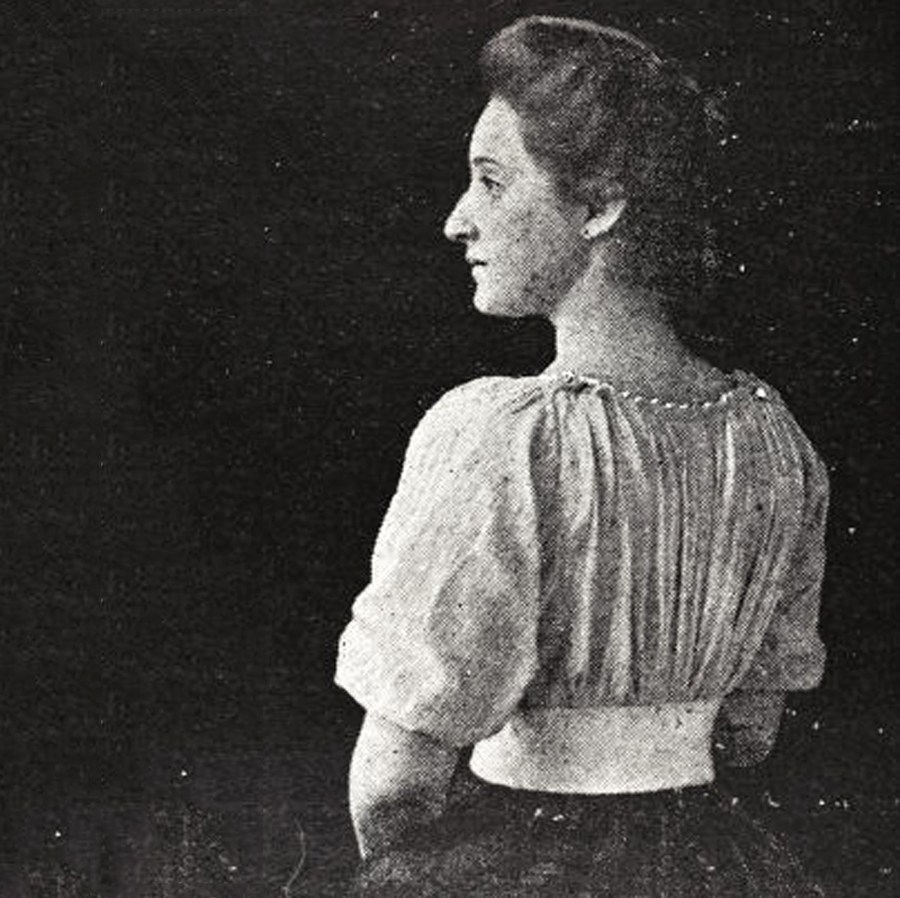
Vizyinos in the face of 14-year-old Betina knows absolute love. "Delusional love" was characterized by those who lived that story. The scholar tries to convince the little girl's mother that he should marry her but she refuses to listen to the slightest talk on the subject.
The more time passed, the more Vizyinos was lost in the vortex of a love that only caused him harm. Despite the objections of Bettina's mother, the poet asks the 14-year-old for marriage. The mother's refusal is done in a cruel way and turns Vizyinos into a real ruin.
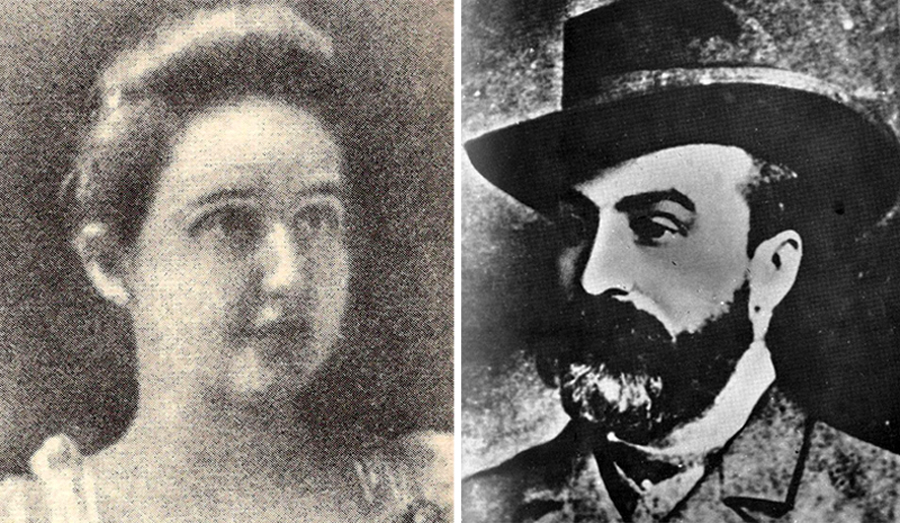
In April 1892, now, George Vizyinos has lost his mind. He refuses to see the reality and thinks that in the next period of time he will make Bettina his wife. His crumpled mind makes up various stories. One of them is that the wedding will take place in… a few hours. The groom dresses and waits for the bride. Apparently in a flash he realizes what is happening and tries to commit suicide. At the last moment he is saved by a friend of his, whom he had invited to the. Upcoming wedding.
Dressed as a groom, going crazy and mentioning Betina's name, he is led by the police to the inferno of Dromokaiti. The doctors examine him, decide his incarceration and attribute the "frenzy disease" to the fact that he suffers from syphilis!
The tragic end of a great scholar
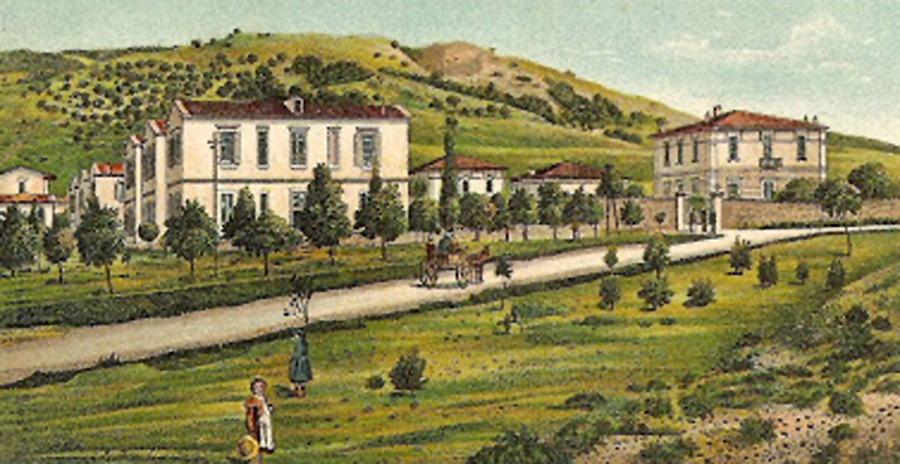
George Vizyinos will remain in the psychiatric hospital for exactly four years. Until the day he leaves life. He died in April 1896 and a few days later, twenty people attended his funeral, including two of his friends, inmates of the psychiatric hospital. His few possessions are confiscated by usurers.
During his confinement, the journalists enter and leave the psychiatric hospital undisturbed in order to get the "seabass" or the "news" that Vizyinos has gone crazy. They fill their columns with plenty of medical information, incidents and obsessive dialogues with the poet, which apart from the yellow gossip they offer to the greedy reading public, they only manage to ridicule him. For many, the story of the "crazy" Vizyinos is the reason for creating the stereotype that wants a poet to always be a crazy and bizarre figure.

The story of Vizyinos closes with a tragic end, analogous to his life. This tragedy, in fact, "accompanies" the other protagonists. Six months after his death, little Bettina gets married, and four days after her marriage he dies. At the same time, his elderly mother, back in their village, Vizy, says that from the moment she learned of her son's death, she did not stop crying, resulting in a serious vision problem, which will eventually lead her in complete blindness.
